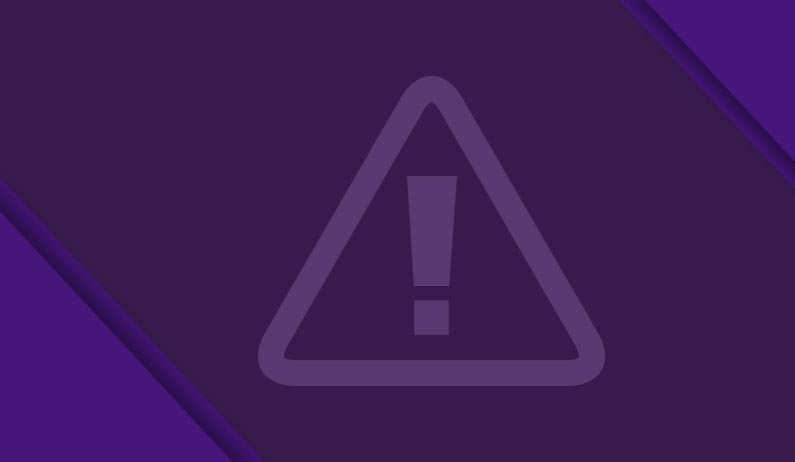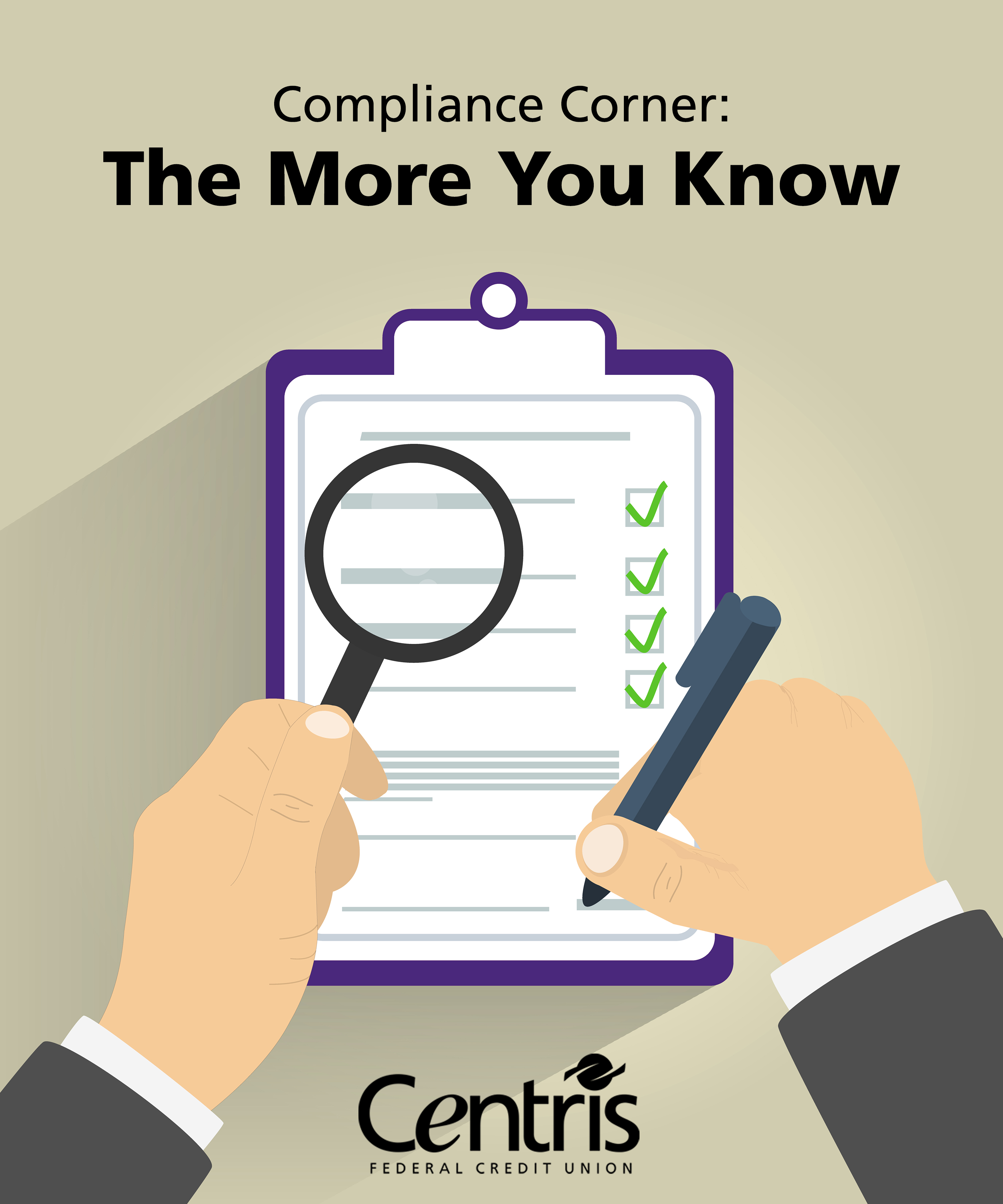By Gary Fillman, Centris director of risk advisory services
As a financial institution, it is our job to help protect your assets and educate you on the warning signs of fraud. Fraud can come in all different shapes and sizes. As a consumer, ask yourself the following questions. If you answer “yes” to any one of them, you could be involved in a fraud or are about to be scammed.
- Was the check from an item that was sold on the internet?
- Was the amount for more than the selling price?
- Was the check sent via overnight delivery (i.e. FedEx)?
- Was the check drawn on a business or individual account different than the person buying the item?
- Were you instructed to wire or send money as soon as possible to another city or country?
- Has the communication with the person only been through email?
- Did the email communication start in response to a job offer?
These are all considered scenarios that warrant some additional research as to the origin of the check, the buyer and possibly the employer. There may be occasions when we will ask you specific questions about the check being deposited. This is to protect you, the member.
There are many groups and organizations that promote consumer fraud awareness. The Consumer Protection Division with the Nebraska Attorney General’s office, the Better Business Bureau and the Federal Bureau of Investigation (FBI) are just a few of the groups trying to educate the public.
Centris is committed to helping educate you on fraud so you don’t become a victim. If you suspect fraud, speak up so we can take the appropriate steps to protect you financially.




